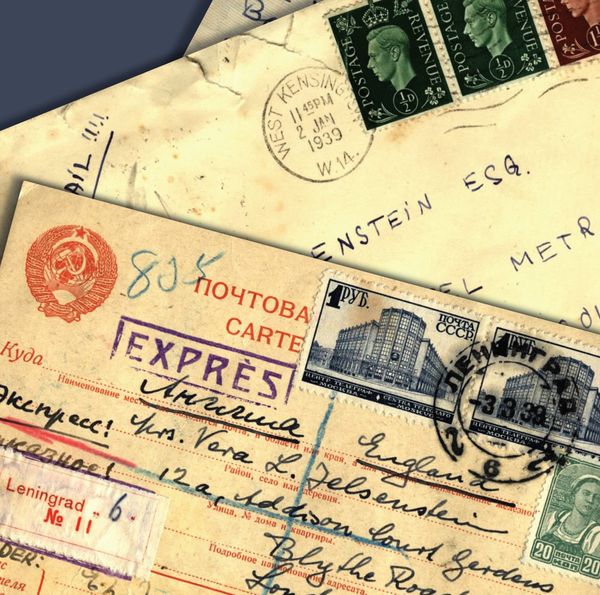A View From under The Horse’s Tail. New Perspectives on Literature?
by Roger Paulin
This collection of essays is in the fullest sense occasional. Some chapters were originally written as reactions to stages of my career. Thus when I left Cambridge in 1987 I decided to write a tribute to Trinity’s Hare collection of books. On my return in 1989, the Education Reform Act prompted me to deliver an inaugural lecture on academic freedom. Some, such as my essay on Kleist, were stimulated by others’ ideas, in this case Charles Tomlinson’s Clark Lectures on metamorphosis. Another (on the Schillerfeier) was a contribution to a Festschrift; the chapter on Wilhelm Müller grew out of a review article. Yet others were originally given in public lecture series (Landmarks) in Cambridge and still carry something of their oral delivery. Our Cambridge readings of Rilke’s Duino Elegies produced another. One or two, such as the chapters on August Wilhelm Schlegel and on public momuments (‘Under the Horse’s Tail’) were first given as occasional papers and were only later reworked for publication.
In choosing the title ‘From Goethe to Gundolf’ I wish to emphasise the wide chronological scope of the collection, from the mid-eighteenth century to the early twentieth. This period, give or take, has also been the main area of my teaching. The title also expresses my firm conviction, based on the study of texts, that individual figures or works from different periods of German literary history can and indeed should be seen in interrelation to each other. In addition, nearly all of the seemingly disparate literary events or manifestations that form my collection also relate to the two major topics on which I have worked for over 40 years: German Romanticism (my biographies of Ludwig Tieck [1985] and August Wilhelm Schlegel [2016]) and the reception of Shakespeare in Germany (my monograph of 2003). Underlying all of these is however their relation to the history of style, of literary forms, in short, of poetry.
I have always believed that literary studies should be interdisciplinary, in that they reflect the historical, biographical and cultural events of their times. Two examples from the collection may illustrate this: the centenary of Schiller’s birth in 1859 also has political overtones, while the unveiling of a public statue can be an artistic and literary endeavour as well as an act of political will. These sociologial interconnections inform several of the essays. Their chief focus of the volume is however poetry in it fullest sense , poetic language as expressed in the novel, the drama and in lyrical forms. Poetry is subject to renewals as well as innovations, and I trace these in well-known poets: Klopstock’s boldly experimental poem ‘Der Zürchersee’, Goethe’s sensational best-selling novel Die leiden des jungen Werthers, Schiller’s Wallenstein, his crowning achievement as a dramatist, and Rilke’s late Duino Elegies, balanced between despair and hope. I also draw on poets hardly received outside Germany, such as the fine woman poet Annette von Droste-Hülshoff, or Wilhelm Müller, who is otherwise only known as Schubert’s librettist. Hand in hand with literary studies and the love of poetry goes my love of books and their history. They are the foundation on which literary studies are ultimately built. Hence books feature on the cover of my collection and in its final chapter.
From Goethe to Gundolf: Essays on German Literature and Culture by Roger Paulin is now freely available to read and download here.



